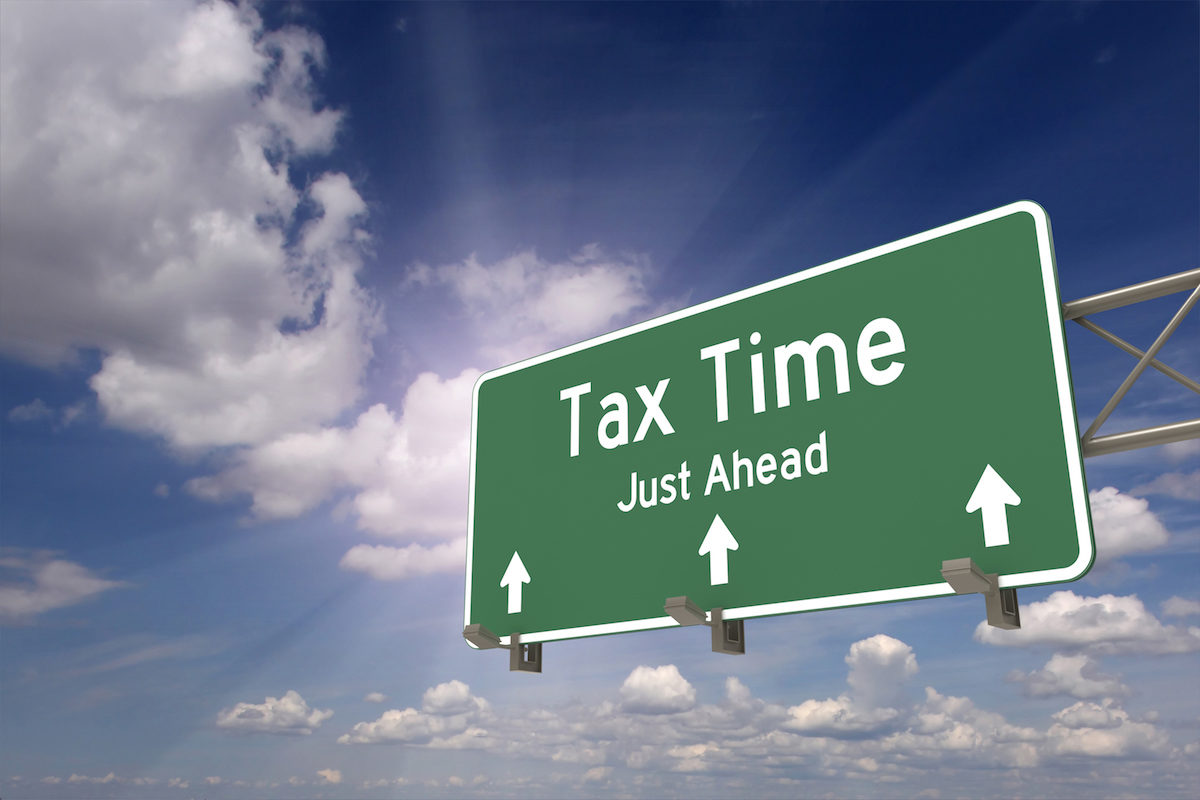The last few months have shown a constant display of obscure challenges related to maintaining business during the COVID-19 pandemic for business owners and leaders everywhere. The latest obscure challenge is possibly the trickiest yet: how to cautiously recommence businesses after the government announced the major easing of coronavirus restrictions.
Businesses will be faced with many logistical details including how to maintain social distance, limit crowd size, and ensure spaces are cleaned thoroughly and regularly. It will take some time to lift the level of confidence in people to start visiting shops, restaurants, and other public venues. In such an uncertain and diverging environment, how can small businesses move forward and back to “business as usual”? There are many opportunities for us as business owners and leaders to unify and build this together amid the uncertainty.
Patience
Patience is not the ability to wait, but the ability to keep a good attitude while waiting. In today’s world, where technology has created the expectation that everything should move more quickly, patience becomes one of the rarest virtues. No one has the patience to wait for anything anymore. However, we need to be careful to not rush everything. We should be careful not to move faster than governments allow.
We should be patient with a timeline that might be slower than we anticipated; patient with a reopening process that might be awkward; patient with the line-up that we have to face when entering the shops; patient with our leaders feeling the pressure of this difficult situation; patient with one another as we are getting used to with the new normal. As hard as it will be to practice patience, we must be determined as it is unquestionable the second wave of Covid-19 cases, or a local outbreak would detrimentally impact businesses.
Humility
Humility is to have a student mindset and always be willing to learn new things. With so many changes in the world amid the pandemic, we need to quick to hear, slow to speak, and slow to anger. When you listen, it may slow down the process of consideration and planning, but it is worth it. We need to be humble to learn to adapt and to accept that things might not be the same as they used to be.
We need humility in how we react to the plans by the government leaders, even if we do not agree with every aspect of it. There is no definitive answer on how to do this well and everyone is just trying to do the best they can to get through this crisis. If we are willing to learn and adapt with all humility, we will be able to survive.
Service
This pandemic is affecting us individually, societally, and organisationally. During this pandemic, we all need to step up and be a leader to do what we can for the greater good. If you are fortunate enough to have cash in your pockets, you can use it to support other businesses. We need to think of ways we can serve our friends, family, neighbours, and community as a whole. We need to encourage “we” before “me” and show gratitude and compassion for others.
If you can make your business about helping others during this crisis, you will always have plenty of work because no one has ever become poor by giving. There is no better time than now to put the needs of others ahead of our own. Remember, success has nothing to do with what you gain in life or accomplish for yourself; it is what you do for others.
There is no need to panic. Tough times never last but tough people do. If we can all continue to show up as servant leaders with patience and humility to serve others, we can get through this uncertainty and crisis stronger than ever.
Don’t let this uncertainty sink your business, reach out for help not because you are weak, but because you want to remain strong.
Pitt Martin Accountants & Tax Advisers are Xero qualified and Award-winning accountants and bookkeepers for small businesses which can be reached on 02 9221 3345 or connect@pittmartingroup.com.au.

Experienced Tax Accountant and Business Advisor with a demonstrated history of working in the accounting and mortgage industry. Skilled in Tax, Accounting, Business Advisory, SMSF, Audit and Mortgage. Strong entrepreneurship professional with qualification Master of Professional Accounting, CA Public Practice, Registered Tax Agent, Registered ASIC Agent, NSW Law Society External Examiner, Trust Account Auditor and Diploma of Finanical Planning. Specialised in SME, tax planning and international tax, he helped client save ample money and create wealth.


Experienced Tax Accountant and Business Advisor with a demonstrated history of working in the accounting and mortgage industry. Skilled in Tax, Accounting, Business Advisory, SMSF, Audit and Mortgage. Strong entrepreneurship professional with qualification Master of Professional Accounting, CA Public Practice, Registered Tax Agent, Registered ASIC Agent, NSW Law Society External Examiner, Trust Account Auditor and Diploma of Finanical Planning. Specialised in SME, tax planning and international tax, he helped client save ample money and create wealth.











